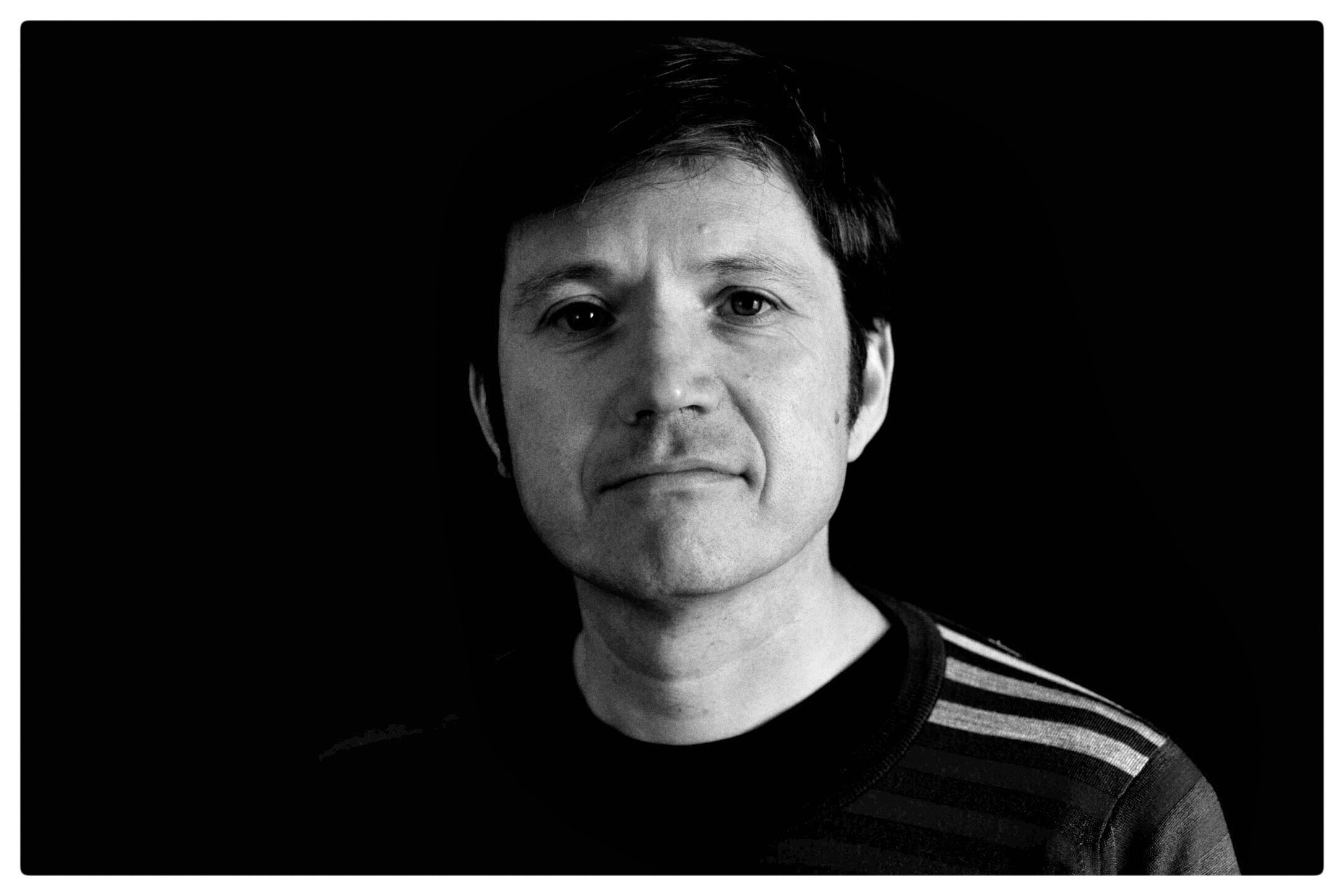ASK & DISCUSS
INDEXI would like to budget a short film, but don't know how - have script... Can anyone point me in the right direction?
11 years, 7 months ago - Hamish Nichols
This is a film set in a city which will require some location work and some stufio work. I have made two short films on a no-budget basis before and am now stepping up a level. The script has been overseen by professional script developers and I am quite happy with it. Need to get an idea of how much it would cost to make before I look for finance, cast and crew.
Only members can post or respond to topics. LOGIN
Not a member of SP? JOIN or FIND OUT MORE
11 years, 7 months ago - Yen Rickeard
Also, you should think realistically about where this film is going. Where will it be shown, what medium. This affects what camera you use, what lighting you need, and how much sound engineering you want.
You might be able to get special weekend rates on equipment and crew. Look at your script and be sure that you need every location. Can you save time and expense by finding a location where you can shoot (say) the river bank in one direction, and by turning the camera round the (say) roadside scene without even moving the camera?
If your shoot length is more than 2 days (using Paddy's advice, above) instead of going into the weekday, when your cast and crew have to give up other work, perhaps you could shoot the rest at the next weekend, depends on your equipment best deal as well.
You can find BECTU and Equity rates on line quite easily. If your script is good, folk may be prepared to work for less to be part of something exciting, or because they can see that you are going somewhere with this. Make sure that you offer everyone deals that include show reels, credits, comfort and respect.
Don't forget insurance.
If you are shooting guerrilla style with minimum crew you can shoot in public places without paying fees. But some places you might think are public are private - some roads and pavements, inside shopping malls and market places etc. And some councils have by laws about commercial activities in their streets.
You can download budget sheets from the internet - the sort that are used by feature films. Don't be scared, pick out the stuff you need.
Good luck with it
Yen Rickeard
11 years, 7 months ago - Paddy Robinson-Griffin
Budgeting is an art and a science, this is where an experienced production manager/producer will make a difference.
Crudely, divide the number of pages by (say) three, and add a quarter for each location move. That gives a very crude number of shooting days. Multiply that by the number of cast/crew, and their rates. Ask hire companies for a quote on a camera and lighting package of the spec you want. Allow for location fees, transport, hotels, catering and post production.
How much to pay your crew? Depends on the length of the shoot and how quickly you shoot. 3 pages a day might be right for a professional tv drama, or amateur crew, if it's a simple shoot you might get 4, 5, or more pages a day, makes things cheaper. Upto 2 days you can blag mates rates, run into a third day and you offer real money as people may be sacrificing real earning days.
You may want to save money with a student crew but get your department heads as experienced old hands, they will carry your shoot.
11 years, 7 months ago - Dan Selakovich
This question comes up so often. As Paddy points out, it takes some real experience.
Before you can budget anything, you have to do a schedule. You don't know how much anything will cost until you figure out how long your movie will take. And before you do a schedule, do a shot list or better, storyboards. A shooting ratio of 24:1 will take longer than 4:1, right? Break down each scene, and use your experience on the other shorts for figure out how long each scene will take. If you're shooting outside, day, and it's a single shot, for example, that might take an hour. But if you plan on set dressing the pajeezus out of it, it might take 4 hours. Really think through each scene. Once you have that, bunch all of your locations together so that all scenes at that location are done at the same time. Since you've already figured out how long each scene will take, now you just add up all the time at that location, and that's how long you'll be shooting there. Keep that up until you've done the entire script.
Get a book, or look this stuff up on the internet: Break down the script: 1. make 1/8th pages. 2. Go through each scene and underline all of the elements with different color pencils. props, vehicles, animals, sound, characters... everything you need for that scene, and each gets a different color. Transfer that information to a "Breakdown sheet". Also put equipment out of the ordinary on that sheet. Need a crane for that scene? Write it down. A crane takes more time to set up, to use, and adds to the budget for rental. Then move to the next scene and do the same thing. After each scene, transfer that info from the breakdown sheet to a scheduling strip. For example, if a scene is 6 2/8th pages, there is no way to get that done in a day especially if you have another 2 1/8 page scene for that same location. But doable in 2 days, right? Once you do the breakdowns, you'll know exactly what you need for each scene. Is there a neighbor watering his lawn? Gonna need a neighbor and a hose and access to water. See what I mean? Does the neighbor turn into a monster when wet? Are you going to have to build practical EFXs or digital EFXs? Determine company moves (moving from one location to the next.) Add that time in. If you're shooting inside a factory, and then moving outside the factory, no big deal. If you have to haul everything across town, you'd better add hours in for the move.
After you have ALL of that, then you can start the budget. For example, get a list of what the DP needs. Since you'll have a camera package for the entire shoot, and you now know how long it will take to shoot because of the schedule, you can start looking for a deal on what he needs for 4 days (or whatever). You'll also know if you'll need that dolly for 1 day or 4. Or that crane for the last half of day 2. Does the production mixer require a boom and 4 lavs? Or will a single boom do? You'll see from your breakdown that the guy watering his lawn is doing it in a dress. Does the actor have a dress, or is that something you'll need to rent or buy? You see what I'm getting at: everything needs to be accounted for. Building a set? How many flats does it need? How long will painting and set dressing take? How big is your art department. Is it big enough to match the schedule you've set? Will it take 2 days in preproduction to build the set? Is there a price difference from the sound stage for prep days and shoot days?
Now figure out post. Are you mixing in your living room, or on a proper stage? Do you have a dialogue editor and sound designer? How complex is the sound? Do they know what they're doing, or is there going to be a lot of fixing during the mix that will eat up time and money. How much will that Beatles song cost that you have your heart set on? And how long will ALL of that take, anyway? Don't forget the colorist, and transfer costs to be able to actually project the film at a festival.
And on and on and on.... You've asked an unbelievably vast and complex question for a forum. Get a scheduling and budgeting book, and start there.
11 years, 7 months ago - David Diley
Some very good advice above, I have had to raise budgets for both shorts and feature length documentaries and it's a time consuming and sometimes overwhelming experience.
One thing I would say is don't make the mistake so many do (including myself) and not include little things thinking, "Oh it's alright, I can get that later if I need it..."
Those things soon add up! Include EVERYTHING and it's also advisable to add on contingency money, maybe even between 10-20% of the total budget. Better you have more in the pot than not enough. If you're trying to raise £20K and you think it's doable, there really isn't any difference in raising £22K and being safe.
Oh and as a Cinematographer, Editor and Colorist, get the best you can, mot the cheapest, better to get value for money than make a saving and have an amateur job done by any one of those three as either one could kill your film.
Include money so people can eat as well, a hungry crew is an upset, pissed off and less efficient crew.






